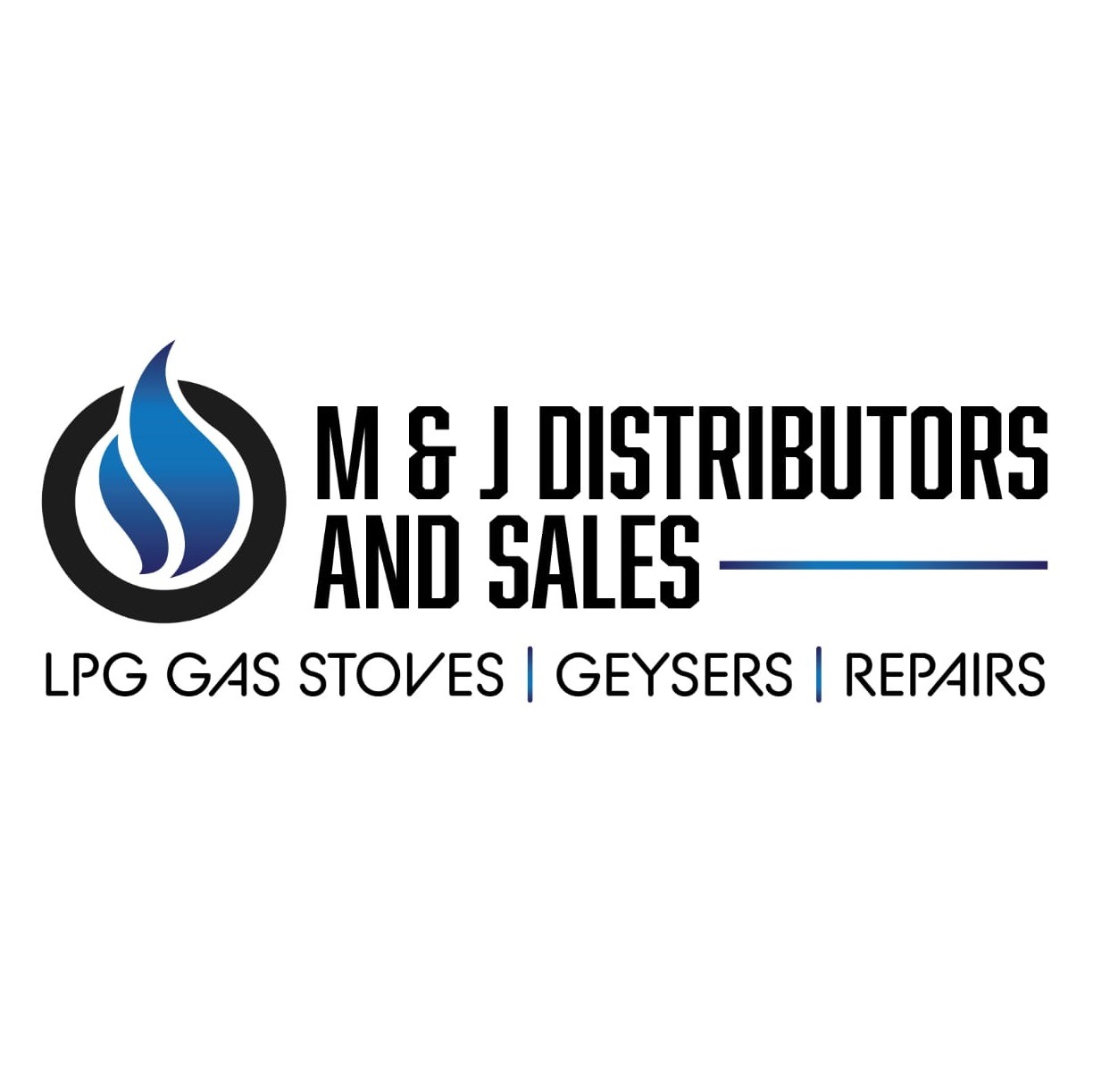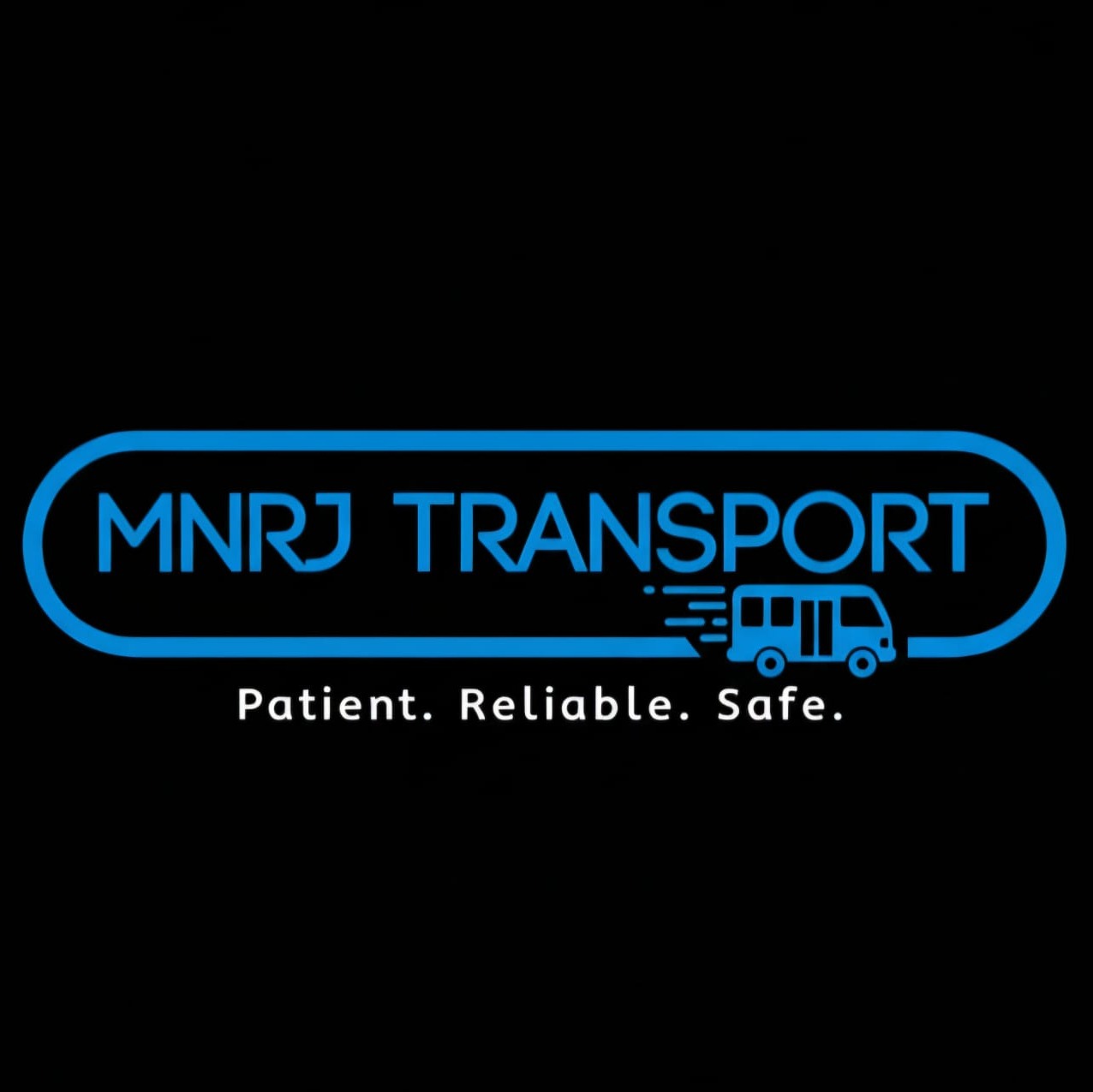What's Not Covered by a Gas Certificate?
Gas compliance certificates are an important aspect of ensuring the safety of a household or business that uses gas.
If you are buying or selling a property or require a new registration or transfer of ownership, you will need to obtain a new certificate regardless of how old the previous one is.
Most importantly, there are certain things that the certificate does not cover. Let's take a look at what is not covered by the gas certificate in property transactions.
Limits - Inspector and Seller
The inspector and seller each have their own set of limitations that they need to adhere to before a compliance certificate can be issued. Inspectors can only operate within the framework of the regulations presented to them at the time of inspection.
Difference Between Compliance and Servicing
It is important to understand that there is a significant difference between issuing a compliance certificate and servicing, upgrading or restoring a gas installation. The primary concern of the gas compliance certificate is safety. The inspector's report only covers compliance issues.
Non-Compliance Issues
The gas certificate is not concerned with non-compliance issues, such as portable or temporary gas appliances. These items are not included in the sale of the property and will be removed by the seller.
Other non-compliance issues that are not covered by the gas certificate include replacing gas cylinders simply because they do not look brand new, re-filling empty gas bottles, relocating gas bottles to a more aesthetically pleasing position, and installing larger gas bottles.
Limitations of Inspection
The inspection is limited to gas installation only and does not cover actual gas appliances.
Conclusion: What's Not Covered by a Gas Certificate?
Once you understand what is and what is not covered by the gas compliance certificate, you can deal with any non-compliance issues separately.







.jpg?width=200&height=94)






























